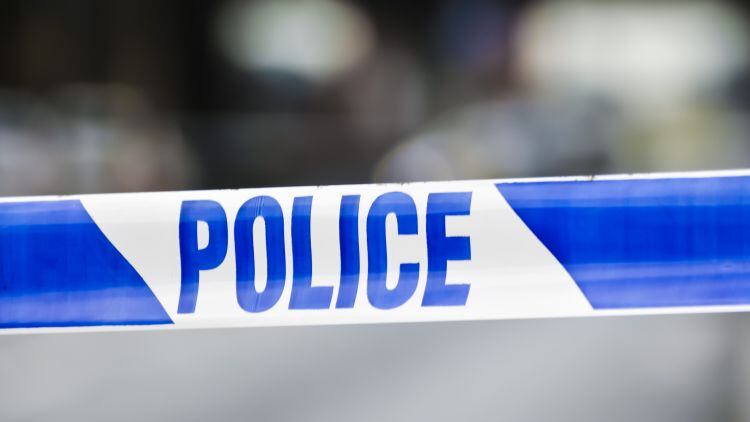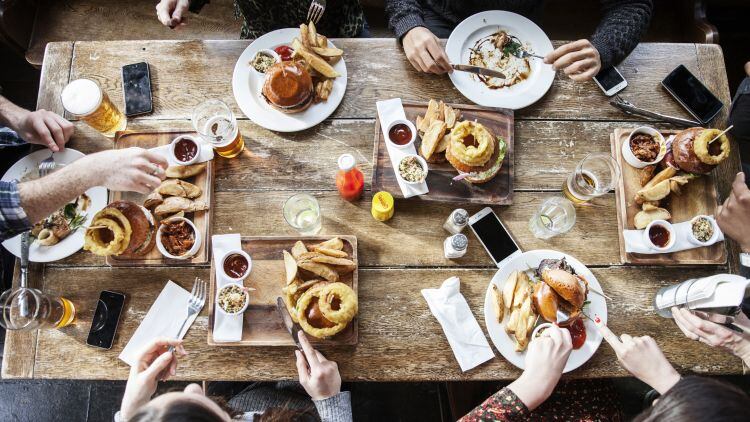A standard licence review, or indeed a summary review (which could result in almost immediate suspension of your premises licence), can often follow. I am not going to talk about the causes of serious incidents in licensed premises, or indeed whether all reviews brought about by the police following serious incidents in pubs are justified under licensing law (some are not) – I want to talk briefly about crime scene preservation.
When deciding what, if any, enforcement action to take against a premises, the police will undoubtedly consider your and your staff’s handling of the immediate aftermath of a crime – an important part of that is your approach to crime scene preservation.
There is a wealth of information online to help you understand this topic, for example the Night-Time Industry Association’s guide here but if you do not have a policy already I would advise speaking to your local Pubwatch or police licensing officer at first instance. Generally, these are perhaps the critical points to consider:
- Your, your colleagues’ and the public’s safety. This may include the provision of first aid, assisting a victim, detention of a suspect and calling the emergency services. After that you can consider preserving the crime scene.
- The crime might be anything, but common examples are criminal damage, theft, drugs offences, an offence of violence or sexual assault.
- The place where this happens is the crime scene, and the crime scene can contain forensic evidence which may be in the form of DNA, footprints or fingerprints, drugs, or even digital forensics (data on smartphones or computers, for example).
- Common examples are blood stains, discarded weapons, stolen or smuggled items or glass fragments. The crime scene should be preserved if possible to stop things being removed, destroyed or evidence being contaminated.
- Your policy for crime scene preservation may include sealing off the area by using furniture, tape or even members of staff, deterring unauthorised entry and preventing removal of items.
- Crime scene preservation is ultimately about, where possible, protecting the scene, preserving the evidence, reporting the incident and dealing with the emergency services.
It is vital you and your staff are trained how to deal with such issues for their own safety and the safety of the public. These run alongside the need for competent downloading of CCTV, completing an incident book and taking witness statements from staff and door staff as soon as possible.
From a licensing law perspective, the way you and your staff handle such an incident could make the difference between a review, with a polarising of the position between the police and the pub, or a much more collaborative approach where the police, even if they consider that there are certain improvements to be made to your operation, consider you and your team to be a partner and part of the solution. When a serious crime is handled well by the pub you are much more likely to have more control than if the police feel forced to issue formal proceedings.
The important point is you and your staff are aware of the possibility of a serious incident taking place on your premises, and that your policy and training is documented and hopefully in the unlikely and tragic event that an incident does take place, it is acted upon. Not only could that help save somebody’s life it could save your premises licence.




